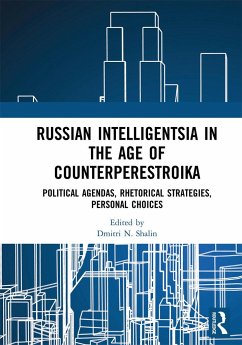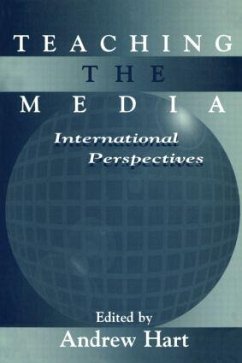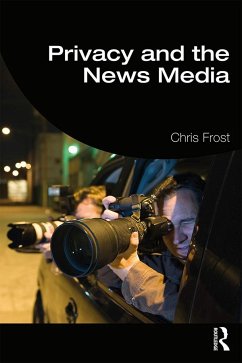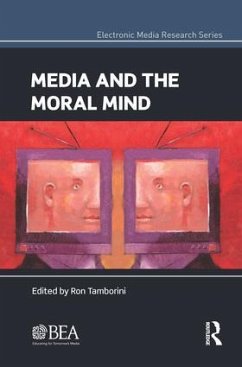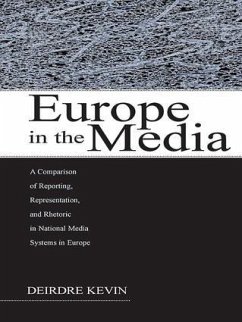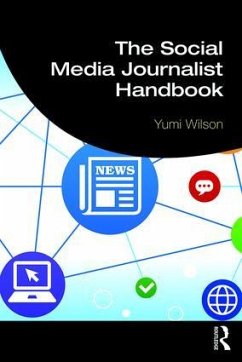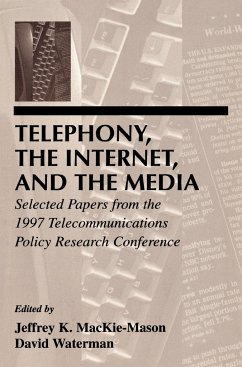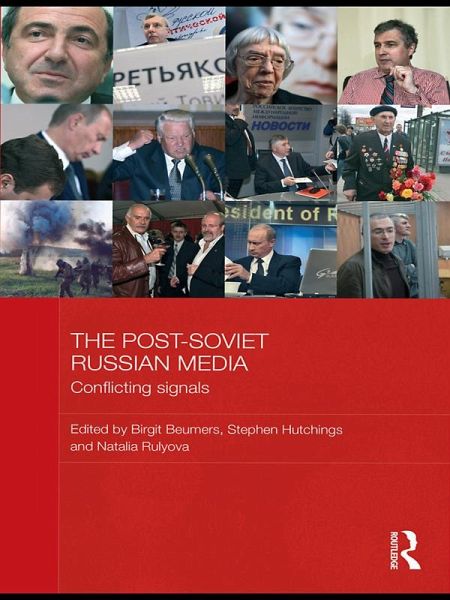
The Post-Soviet Russian Media
Conflicting Signals
Herausgeber: Beumers, Birgit; Rulyova, Natalia; Hutchings, Stephen
Versandkostenfrei!
Versandfertig in 1-2 Wochen
70,99 €
inkl. MwSt.
Weitere Ausgaben:

PAYBACK Punkte
35 °P sammeln!
This book explores developments in the Russian mass media since the collapse of the USSR in 1991. Complementing and building upon its companion volume, Television and Culture in Putin's Russia: Remote Control, it traces the tensions resulting from the effective return to state-control under Putin of a mass media privatised and accorded its first, limited, taste of independence in the Yeltsin period. It surveys the key developments in Russian media since 1991, including the printed press, television and new media, and investigates the contradictions of the post-Soviet media market that have aff...
This book explores developments in the Russian mass media since the collapse of the USSR in 1991. Complementing and building upon its companion volume, Television and Culture in Putin's Russia: Remote Control, it traces the tensions resulting from the effective return to state-control under Putin of a mass media privatised and accorded its first, limited, taste of independence in the Yeltsin period. It surveys the key developments in Russian media since 1991, including the printed press, television and new media, and investigates the contradictions of the post-Soviet media market that have affected the development of the media sector in recent years. It analyses the impact of the Putin presidency, including the ways in which the media have constructed Putin's image in order to consolidate his power and their role in securing his election victories in 2000 and 2004. It goes on to consider the status and function of journalism in post-Soviet Russia, discussing the conflict between market needs and those of censorship, the gulf that has arisen separating journalists from their audiences. The relationship between television and politics is examined, and also the role of television as entertainment, as well as its role in nation building and the projection of a national identity. Finally, it appraises the increasingly important role of new media and the internet. Overall, this book is a detailed investigation of the development of mass media in Russia since the end of Communism and the collapse of the Soviet Union.





